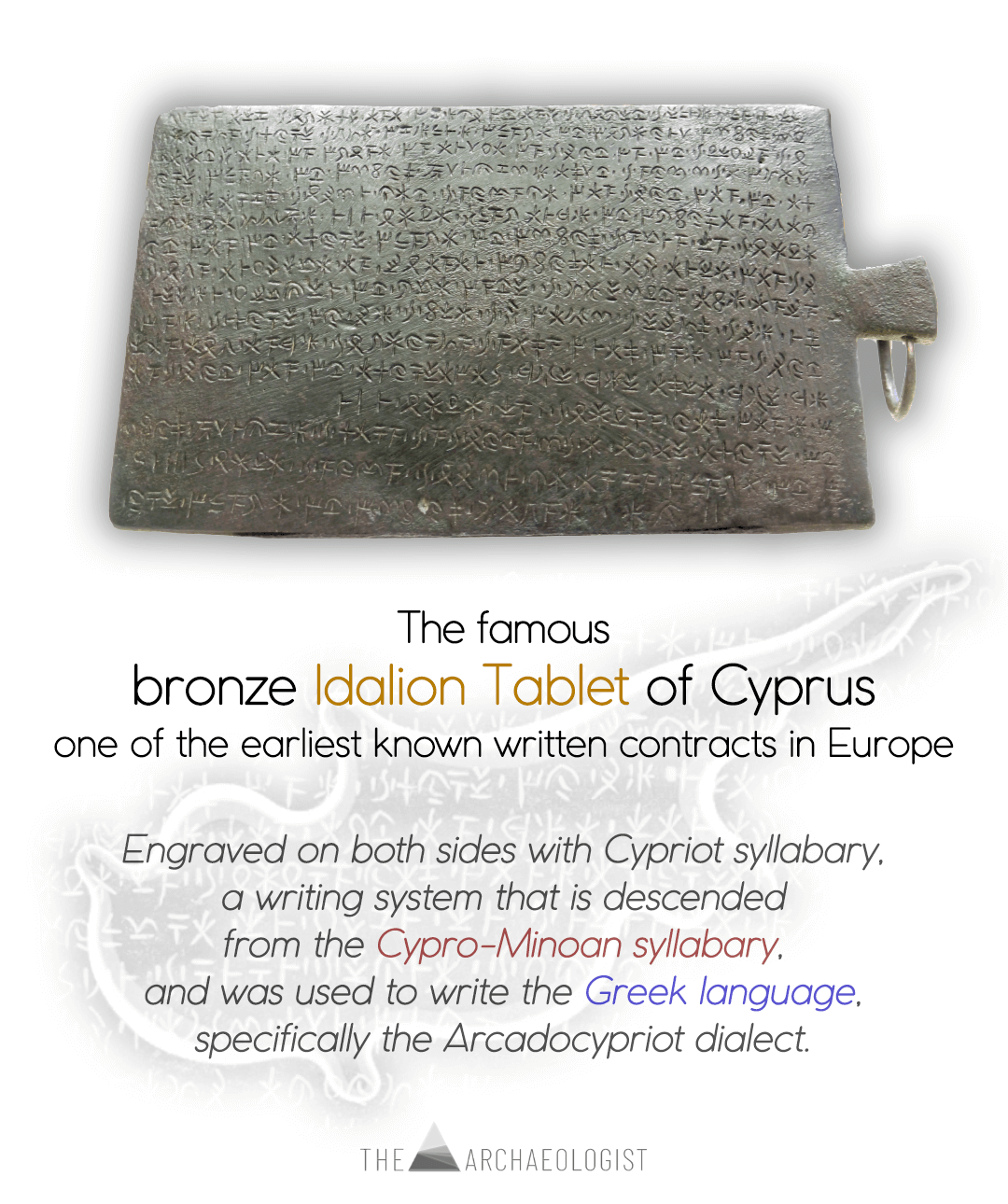The Odyssey of the Greek Language: The Fabric of Thought and Culture
Within the extensive tapestry of the world's 2,700 languages, Greek carves an unparalleled trajectory, spanning centuries with a unique and unbroken lineage. Its profound influence on the linguistic and cultural foundations of Europe and beyond renders Greek, arguably, one of the most pivotal languages on the globe.
Language, as a reflection of human cognition, underscores the essence of thought itself. Thus, the preservation and study of our linguistic heritage are not mere academic pursuits but fundamental to fostering our analytical capacities. Greek, with its rich literary and intellectual legacy, epitomizes this cultural wealth, demanding our reverence and understanding of its historical journey.
The illustrious history of Greek as a language of significant texts and ideas has left an indelible mark on civilization. This legacy is eloquently captured in the words of Odysseus Elytis, a luminary in Greek literature, who highlighted the uninterrupted tradition of Greek poetry over twenty-five centuries in his Nobel lecture, underscoring the profound cultural continuity and the weight of tradition borne by the Greek language.
Credit: Dimosthenis Vasiloudis
Greek's Significance and Legacy
Greek occupies a distinguished position among the world's languages, with a history of oral and written tradition that spans thousands of years, making it a singular example of linguistic continuity. Its evolution, from the ancient to the modern era, offers invaluable insights into the development of human language over time, distinguishing Greek not only for its longevity but also for its integral role in the cultivation of human thought and culture across diverse fields.
It's widely recognized that Greek presents an unparalleled case for linguistic scholars interested in tracing the development of a natural language across an extensive period. This positions Greek as the world's most ancient continuously developed language, distinguishing it even from notable examples like Chinese, which has primarily persisted in scholarly contexts, and Sanskrit, maintained chiefly within the confines of archaic, particularly religious, applications.
Greek's fundamental influence on the lexicon of science and academia, where Greek terms serve as the foundation of specialized languages in numerous disciplines, further demonstrates its enduring relevance. This linguistic contribution is rooted in a historical tradition of Greek scholarship, which laid the groundwork for linguistic analysis that continues to inform the study of languages worldwide.
The Greeks were pioneers in the study of their own language, laying the groundwork for linguistic analysis that would later extend to other languages through the intermediary of Latin. While ancient Indian grammarians, notably Pāṇini’s "Aṣṭādhyāyī," might have established the first grammar, its global recognition did not occur until the 19th century, thus it played no role in shaping Western linguistic traditions during their formative stages.
The Greek language's distinct characteristics, such as its syntactic flexibility and the coherence between signifier and signified, underscore its conceptual richness. This linguistic structure has facilitated the expression of complex philosophical, scientific, and artistic ideas throughout history, reflecting the intricate relationship between language, thought, and culture.
Affinity between Anatolian and Aegean languages according to the Anatolian hypothesis. The Greek language is an independent branch of the Indo-European family of languages. Credit: Dimosthenis Vasiloudis
The Roots of Greek Linguistic Tradition
As an independent branch of the Indo-European language family, Greek boasts the longest documented history, with its script evolving from Mycenaean Linear B to the Greek alphabet, which has influenced numerous writing systems. The historical depth of Greek, from its earliest attestation in Linear B tablets to its role as the lingua franca of the Byzantine Empire and its status in modern Greece and Cyprus, illustrates the dynamic and enduring nature of the Greek language.
The oldest recorded evidences of the Greek language is inscribed on some Linear B clay tablet discovered in Messenia and Kafkania, dating from 1450 to 1350 BC. This artifact establishes Greek as the oldest documented living language globally. Within the family of Indo-European languages, only the extinct Anatolian languages share a comparable antiquity in terms of written records.
The Evolution of the Greek Language Through the Ages
From Proto-Greek to Modern Greek, the language has undergone significant transformations, reflecting shifts in political, social, and cultural contexts. The evolution from Mycenaean Greek, through the dialectical diversity of Ancient Greek, to the commonality of Hellenistic Koine, and onto the complexities of Medieval and Modern Greek, highlights the adaptability and resilience of the Greek language across millennia.
The development of modern Greek, amid the backdrop of Ottoman rule and the formation of the modern Greek state, showcases the dynamic interplay between language, identity, and cultural continuity. The debates surrounding the language in the modern era, including the emergence of Katharevousa and the role of Demotic Greek, reflect ongoing conversations about the essence and evolution of Greek identity.
In summary, the Greek language, with its rich historical tapestry and profound cultural impact, stands as a testament to the enduring legacy of Greek civilization. Its continuous development, from the ancient past to the present day, offers a unique lens through which to explore the complexities of human thought, culture, and identity.












